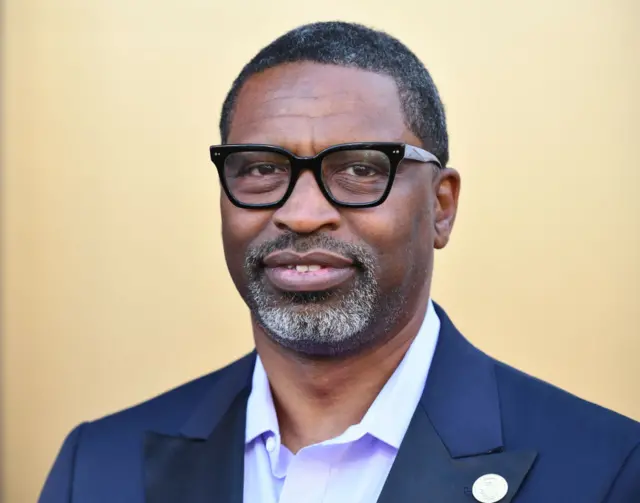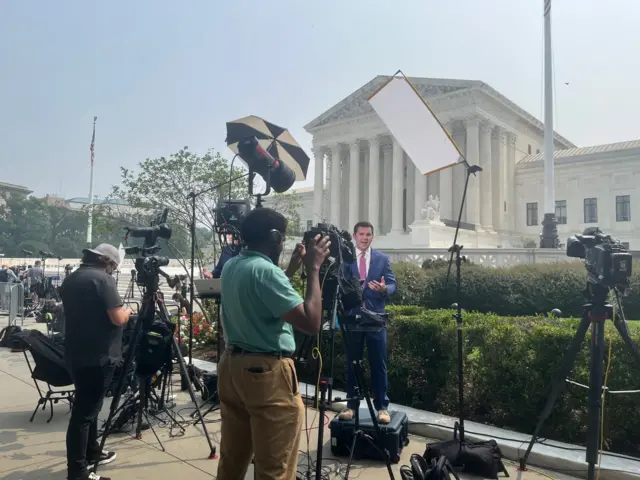The irony of using the equal protection clausepublished at 16:44 BST 29 June 2023
 Kayla Epstein
Kayla Epstein
US reporter
In his opinion, Justice Roberts held that the universities' admissions programmes violate the 14th Amendment's equal protection clause.
The amendment was ratified in 1868 in reaction to the end of the Civil War waged between the states over the issue of slavery, and intended in large part to protect and impart rights upon the recently freed black population.
Roberts said Harvard and the University of North Carolina ran afoul of the equal protection clause with their admissions policies.
Geoffrey Stone, a professor at the University of Chicago Law School, called it "ill founded" to use the statute to end a programme that had helped black students overcome systemic disparities in education.
The amendment "was most fundamentally about discrimination against black people," Stone said.
"That’s what the concern was at the time."
In present-day United States, black students often still do not enjoy the same educational advantages as white students, Stone said.
There is a large body of research that points to evidence of racial disparities in American education, according to the Government Accountability Office, external.






